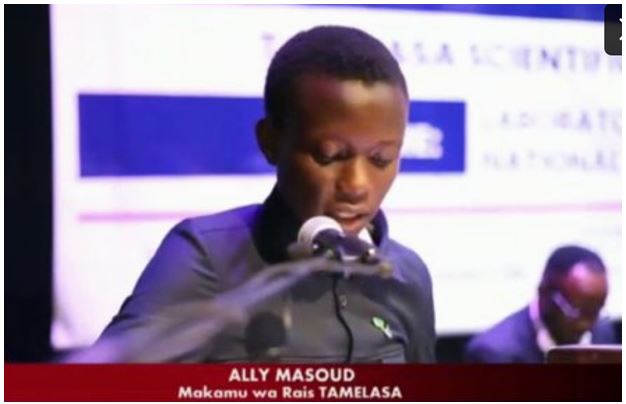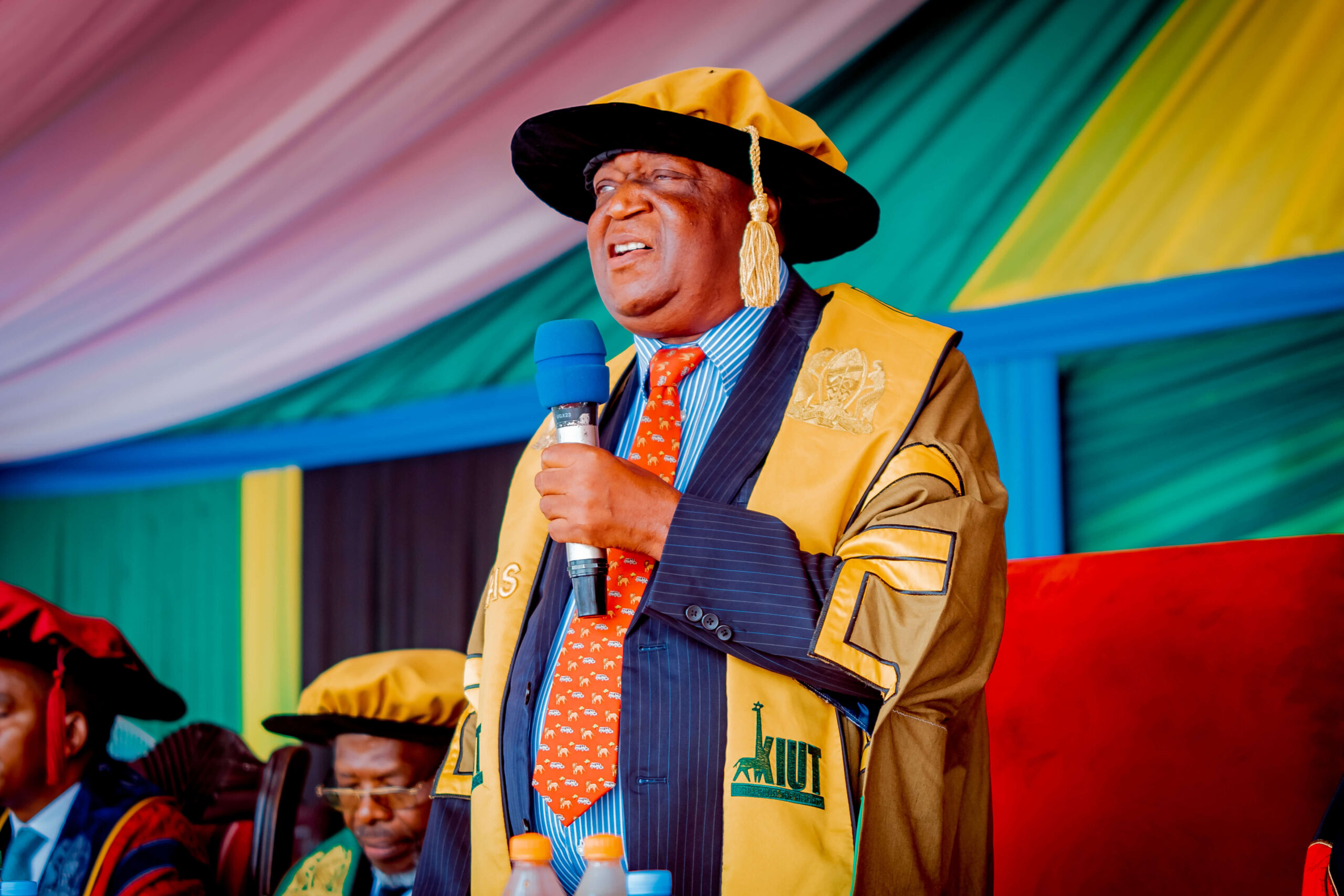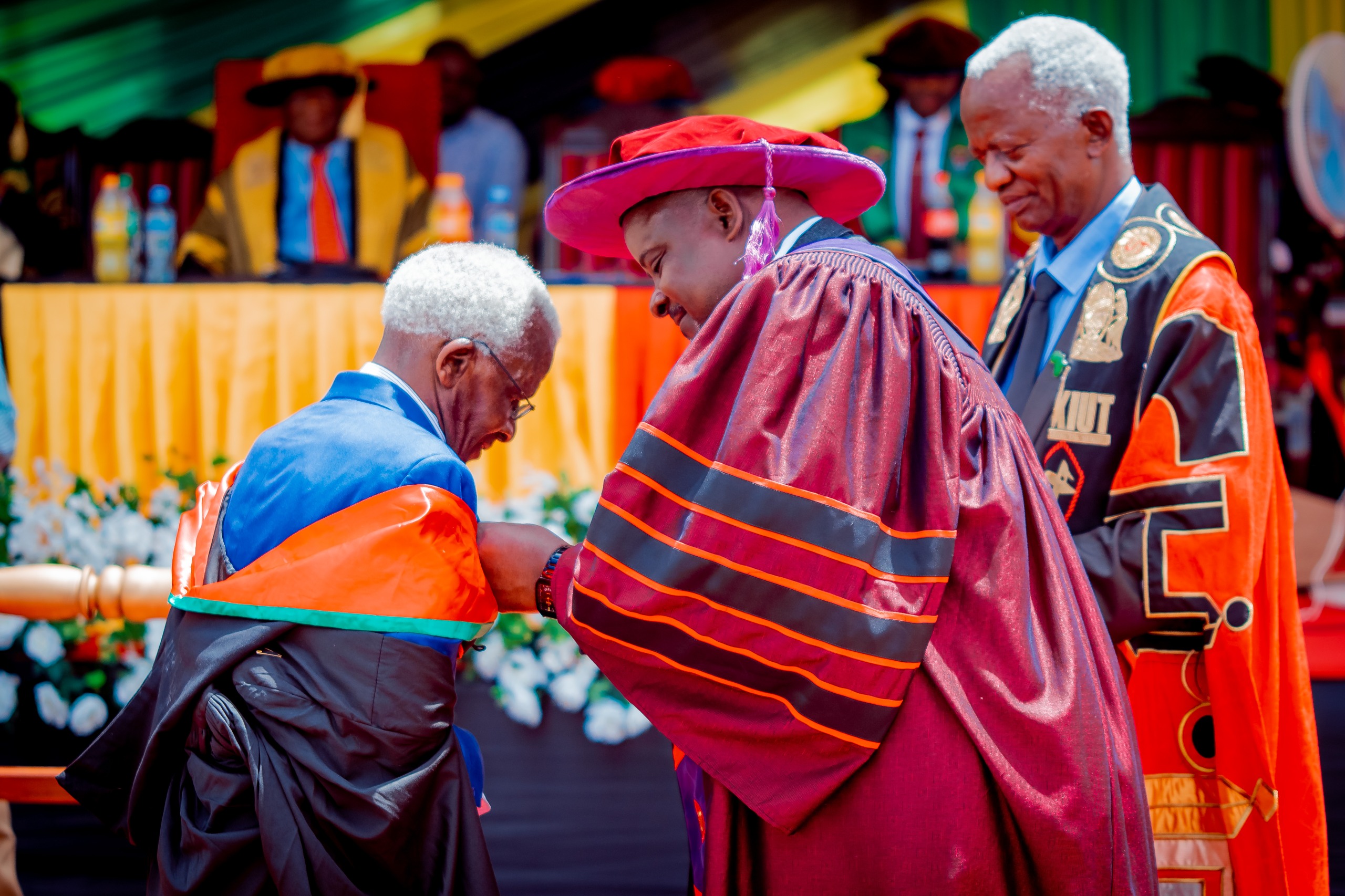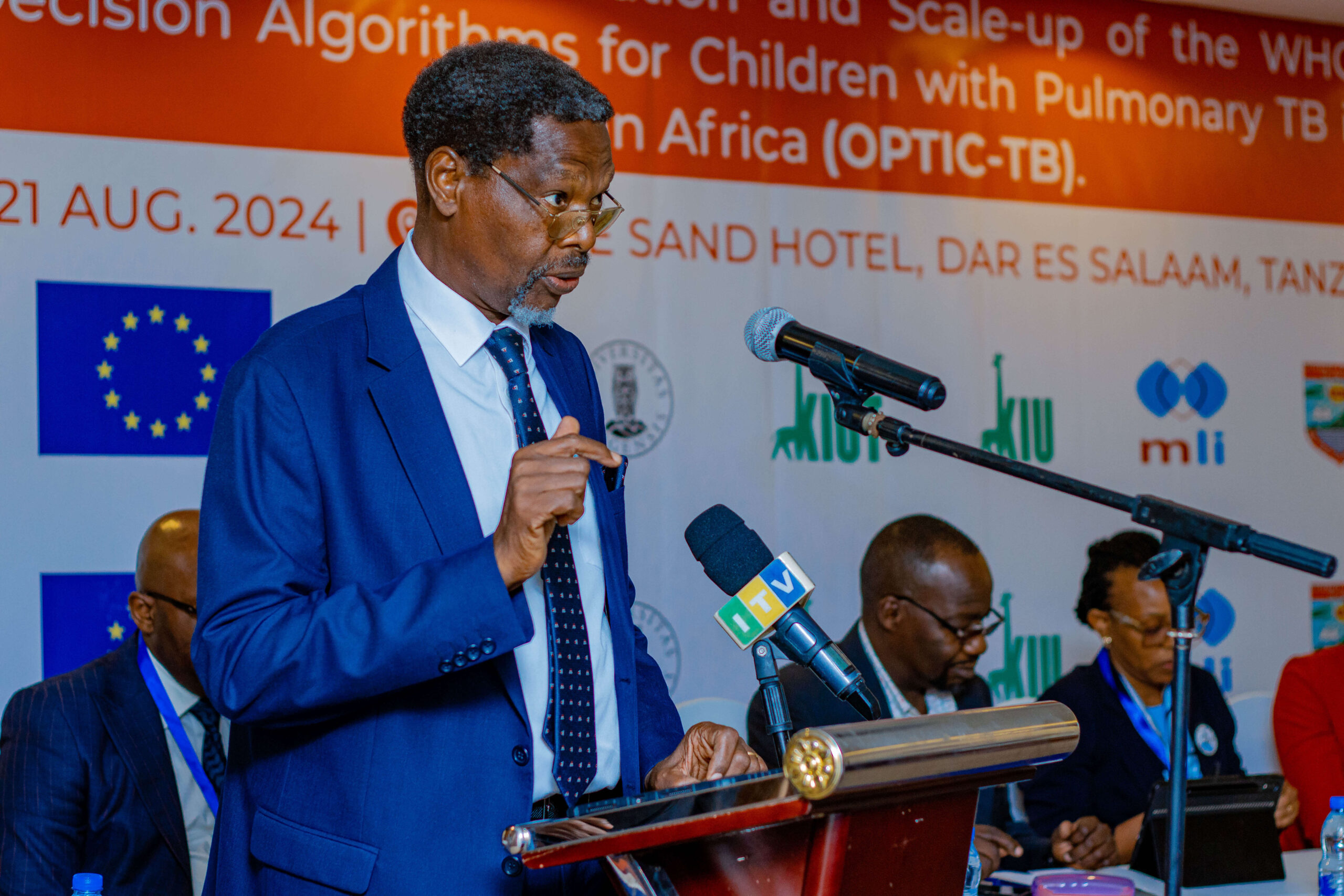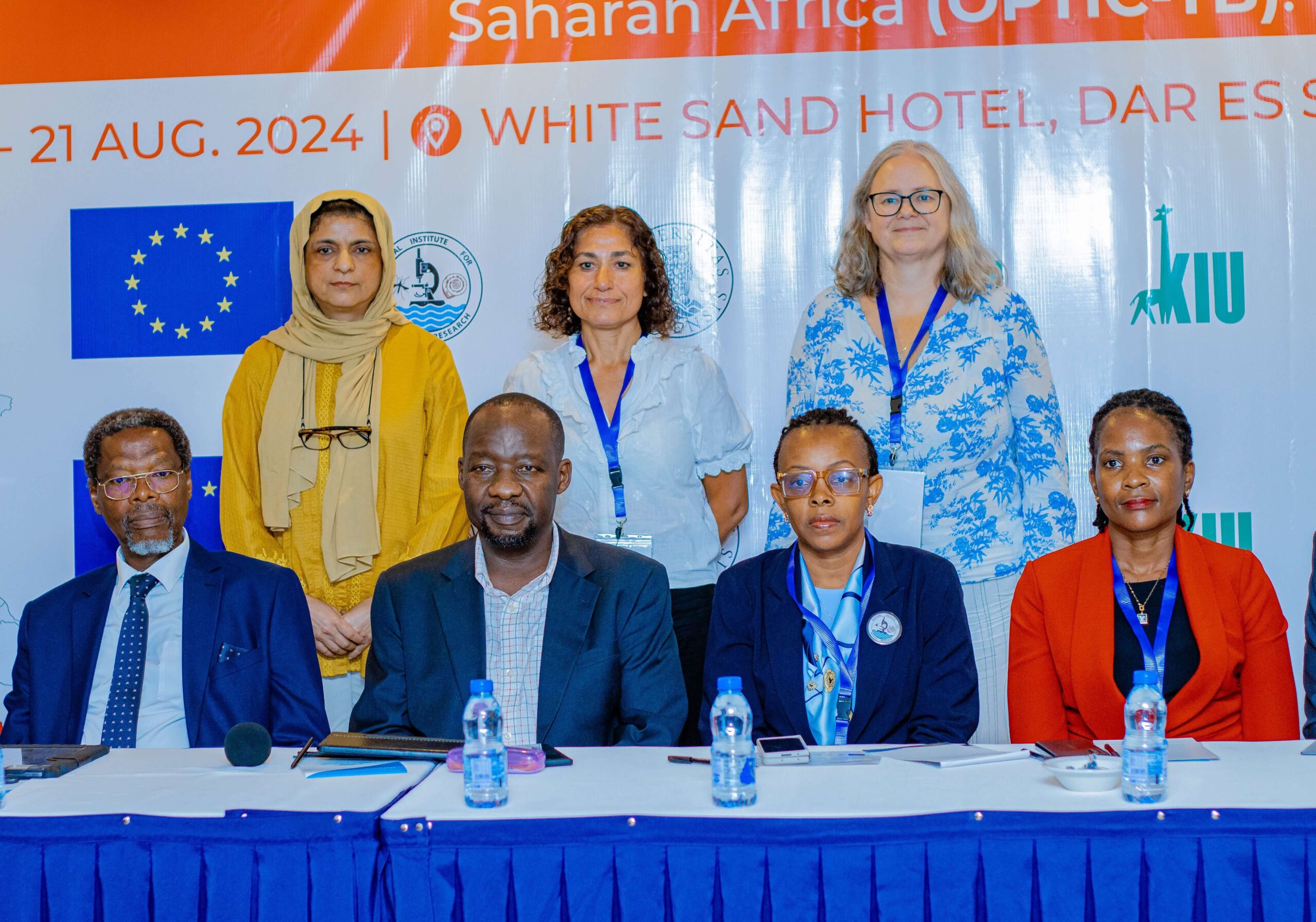TANZANIA Medical Laboratory Students Association (TAMELASA) has asked the government to come up with a new curriculum that will create a uniform duration for laboratory course in all universities.
According to the association, currently, the graduation timeframe for the Bachelor of Medical Laboratory Science programmer varies from one university to another, something which creates an unwanted disturbance.
Ally Masoud, TAMELASA chairman, made the call in Dar es Salaam over the weekend when speaking during the Scientific Conference, exhibition, and career fair event.
It was organized by TAMELASA with support from National Public Health Laboratory, DERIC 2000, Volt, and Kampala International University in Tanzania.
“We are calling for the government’s intervention on this issue because, in other universities, the course duration takes four years to graduate while in other universities it takes three years, as students we recommended the course duration to be four years in all universities to help Tanzania have high qualified medical laboratory scientists who will provide accurate testing for patients, “he said.
He said high-quality health care begins with accurate testing; it is time for the Ministry of Education, Science, and Technology to come up with a new curriculum that will be implemented in all universities/colleges that offer Bachelor of Medical Laboratory Science within the country.
The students also called upon the government to assist them in purchasing modern laboratory equipment that will be used in teaching and learning for medical laboratory scientists.
Currently, there is a shortage of modern medical laboratory equipment, especially in government universities which can be used by students to put into practice the subjects they are studying.
He said, once the government purchases the modern lab equipment for the government universities, “Government universities can collaborate with other universities or colleges to allow their students to use the equipment and out into practice what they have learned and even prepare graduates to become certified medical laboratory scientists (MLS),” he said.
According to him, the main goal is to help Tanzania to have highly qualified laboratory professionals.
He also cited the lack of employment for medical laboratory scientists and volunteer work are the main challenges facing them.
“We recommend the government to provide more employment for medical laboratory scientists who will go to work in government dispensaries, health centers, and referral hospitals both in rural and urban areas within the country, “he said.
Rashid Mfaume, Dar es Salaam Medical Officer (DMO) lauded TAMELASA for organizing the scientific conference that provides a platform for students and other stakeholders engaged in the health sector to share the latest research, technology, and best practices in medical laboratory science.
“You have done a commendable job and I was very impressed to visit the career fair and met with first and third-year students and have a face-to-face discussion with them, they are very competent in what they have learned in school, they have confidence and can explain what they have learned more effectively thanks to the universities that has offered best education for them,” he said.
He called upon Dar es Salaam Based Company Volt in collaboration with other stakeholders to sponsor students who are willing to conduct research or make presentations at local and international conferences to enable them to show what they have and later provide quality health care with accurate testing.
Mathew Mwalongo, TAMELASA s Chairperson at Muhimbili University of Health and Allied Sciences (MUHAS) added that conference’s themewas “Laboratory Diagnostic in Quality Healthcare, National Development and Global Health Security.”
The theme underscores the critical role that medical laboratory science plays in ensuring quality healthcare, promoting national development, and enhancing global health security.
Source: The Guardian Newspaper


